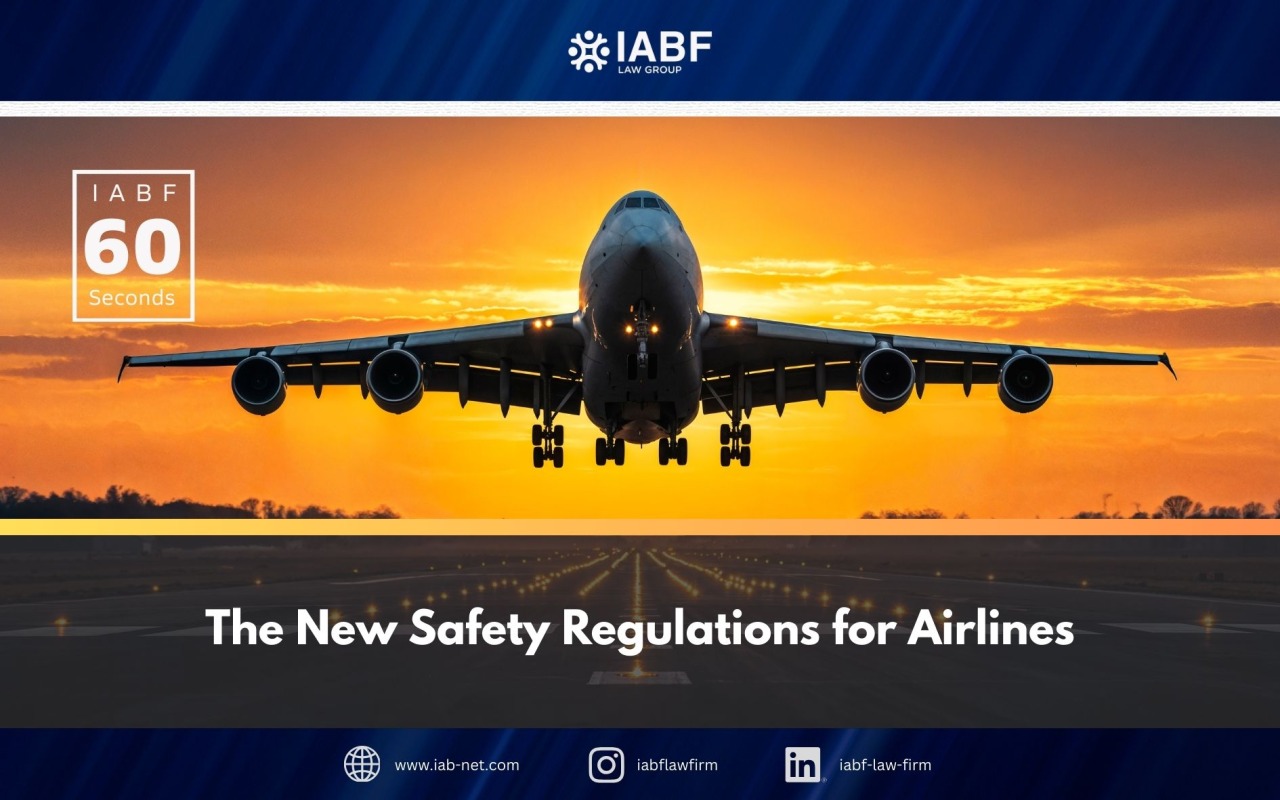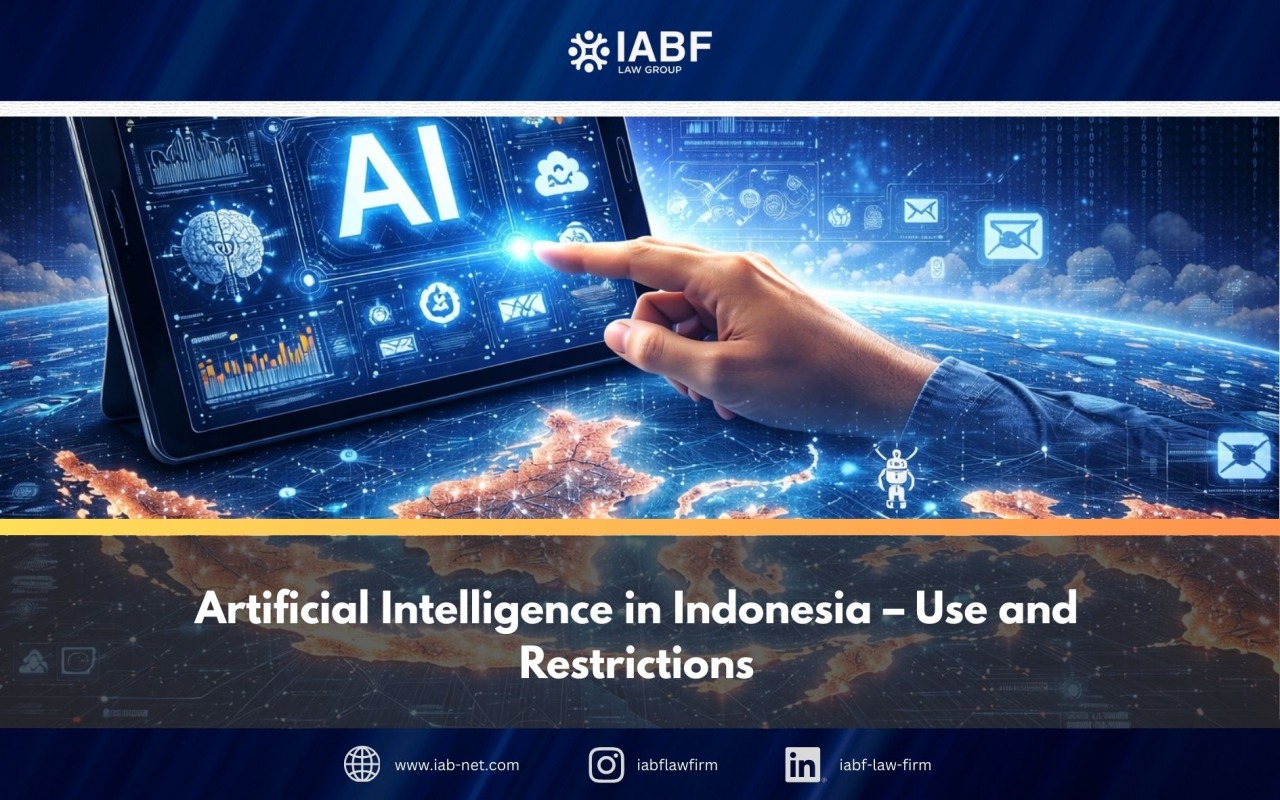Year 2019 is expected to be the year of consolidation in banking industry of Indonesia, as many foreign investors have shown interest in entering merger and/or acquisition (“M&A“) transaction to acquire local banks. Legal issues that need to be focused on by business players to capitalize the impact of M&A towards the banking performance, are including: regulations that are specific to rule M&A of banks/ financial institutions as well as tackling down commercial issues from legal due diligence findings and managing any risks pertinent to the transaction by entering into conditional share purchase agreement (“CSPA“).
Managing Regulatory Issues
M&A procedures for banks generally shall follow Law No. 40 of 2007 on Limited Liability Company and various regulations issued by Bank Indonesia and Financial Services Authority (“OJK”), which includes requirements to obtain approval from OJK and fit and proper test of prospective controlling shareholder and management. Moreover, OJK Regulation No. 56 of 2016 provides more specific rules where different type of business entity shall have different shares ownership limitation. Banks or financial institution is entitled to hold maximum 40% shares, while non-financial institution and individual are only allowed to hold 30% and 20% shares respectively. The 40% shares ownership can be higher but subject to approval from OJK and this limitation applies for both foreign and local party. However, surely there are further conditions that need to be met by the foreign investors such as commitment to support Indonesian economic development through the Indonesian bank, obtain a recommendation from the financial supervisory regulator in its home jurisdiction and must also possess a certain level of investment rate.
CSPA Preparation
The Merging and acquiring parties will need to identify any cause for alarm by unravelling the trail of ownership and accountability, and to mitigate them through CSPA to prevent any action such as regulatory enforcement. Full-blown legal due diligence is advisable to identify target bank’s hidden liabilities and past compliance issues as it is commonly known that banks and/or financial institutions in Indonesia have to deal with many compliance requirements. Any unsettled issues shall be included in the conditions precedent prior to the completion of the M&A transaction and comprehensive representation and warranties shall be provided by the seller and the target bank. As for other matters that are contractual, the merging and acquiring parties will rely heavily on legal due diligence in preparing and negotiating an effective CSPA.
__________________________
Published by: Aldo Randa
Published on: 21 May 2019
Other link: legalbusinessonline



